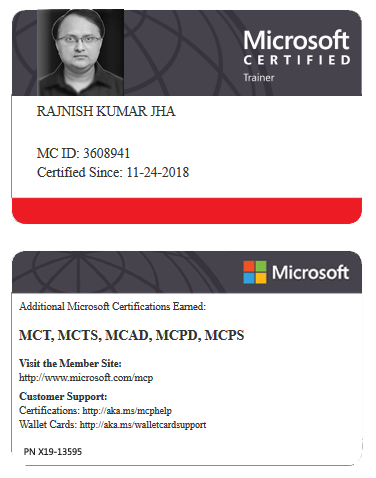Learn about DevOps Team's Transformation
Creating and managing DevOps transformation teams is a crucial step in adopting DevOps practices within an organization. These teams work across functions such as development, operations, testing, and other stakeholders to streamline workflows, improve collaboration, and enhance the delivery of software. However, building and scaling DevOps teams comes with its own set of challenges. Below, we explore these challenges and how they can be overcome.
Challenges When Creating DevOps Transformation Teams
Cultural Shift
Challenge: Transitioning from traditional siloed practices to a collaborative DevOps culture can be difficult. Resistance to change may arise from established processes and roles.
Overcoming:
Education and Awareness: Conduct workshops, training sessions, and cultural change programs to educate teams on the benefits of DevOps.
Leadership Support: Leaders should lead by example and foster an environment of openness and adaptability.
Skills Gap
Challenge: Teams may lack specific DevOps skills such as automation, CI/CD pipelines, infrastructure as code (IaC), or cloud technologies.
Overcoming:
Training and Upskilling: Provide targeted training programs, certifications, and hands-on workshops to build relevant skills.
Cross-Functional Teams: Encourage team members to learn from peers and contribute to learning communities within the organization.
Coordination and Communication
Challenge: The decentralized nature of DevOps requires strong communication across multiple teams (Dev, Ops, QA, Security). Poor communication leads to delays and misunderstandings.
Overcoming:
Agile Practices: Implement Agile frameworks like Scrum or Kanban to improve collaboration through regular stand-ups, sprints, and feedback loops.
Collaboration Tools: Leverage tools like Slack, Jira, Microsoft Teams, or DevOps platforms to facilitate seamless communication.
Resistance to Automation
Challenge: Teams may resist adopting automation tools and practices due to a fear of job displacement or reduced control over processes.
Overcoming:
Highlight Benefits: Emphasize that automation reduces repetitive tasks, allowing teams to focus on more valuable activities.
Incremental Implementation: Start with small, manageable automations and gradually scale them up, showing gradual improvements in efficiency.
Security Concerns
Challenge: Security concerns are heightened in DevOps environments where rapid deployment of code may increase risks.
Overcoming:
Security as a Practice: Integrate security into the DevOps pipeline (DevSecOps), focusing on automated security checks, monitoring, and compliance.
Training and Awareness: Educate teams on secure coding practices and conduct regular security audits and vulnerability assessments.
Lack of Visibility and Reporting
Challenge: With multiple teams involved, ensuring visibility into the DevOps pipeline can become complex, leading to inefficiencies.
Overcoming:
Dashboards and Reporting Tools: Implement real-time dashboards and analytics tools like Grafana, Azure Monitor, or Prometheus to gain insights.
Key Metrics: Define and monitor key performance indicators (KPIs) such as deployment frequency, lead time, and change failure rate.
Scaling DevOps Across Teams
Challenge: Scaling DevOps to larger teams and multiple projects can create inconsistencies and bottlenecks.
Overcoming:
Scaling Frameworks: Adopt frameworks like Scaled Agile Framework (SAFe) or Large Scale Scrum (LeSS) to standardize practices across teams.
Continuous Improvement: Encourage teams to share best practices, processes, and automation tools for consistent scaling.
Benefits of Overcoming Challenges
By addressing these challenges, organizations can foster high-performing DevOps teams that deliver faster, more reliable software solutions. The result is improved collaboration, increased agility, and a seamless delivery pipeline that adapts to changing business needs.
Feel free to write in comments if you would like to explore specific strategies or case studies for overcoming DevOps challenges?






















Leave a Reply